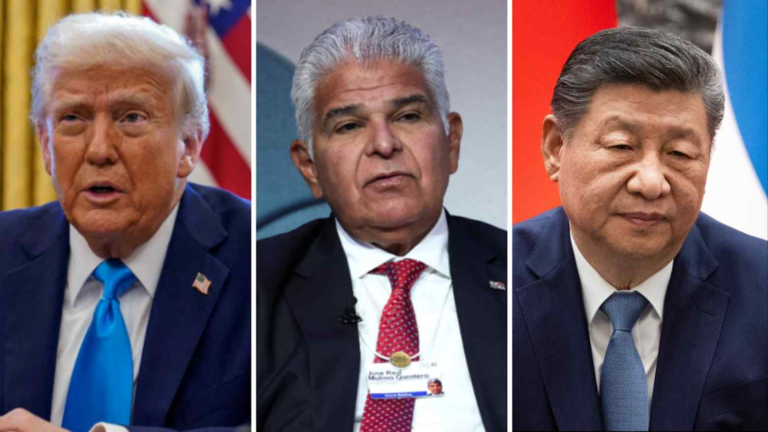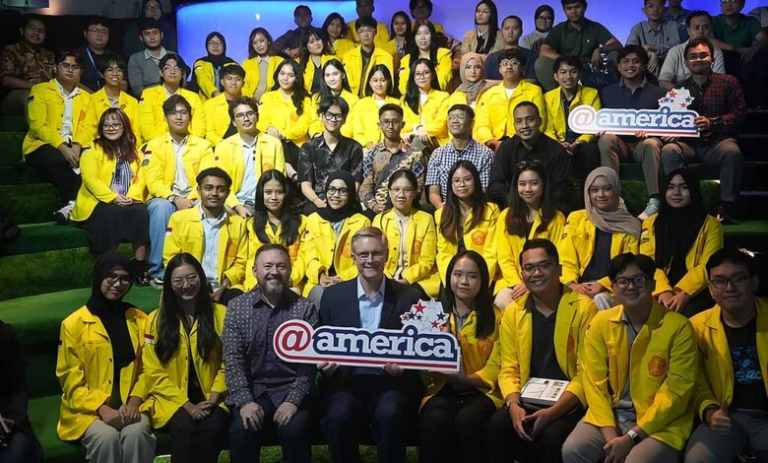
Australia will fast-track its defense spending by 1 billion Australian dollars ($628.6 million), according to the annual federal budget revealed on Tuesday, amid heightened Chinese military assertiveness in the region and increased pressure from the Trump administration for the country to increase its defense outlays.
But the modest increase fell short of the expectations held by some defense analysts who argued Canberra requires a more aggressive spending increase to address growing security needs.
Australia will fast-track its defense spending by 1 billion Australian dollars ($628.6 million), according to the annual federal budget revealed on Tuesday, amid heightened Chinese military assertiveness in the region and increased pressure from the Trump administration for the country to increase its defense outlays.
But the modest increase fell short of the expectations held by some defense analysts who argued Canberra requires a more aggressive spending increase to address growing security needs.





